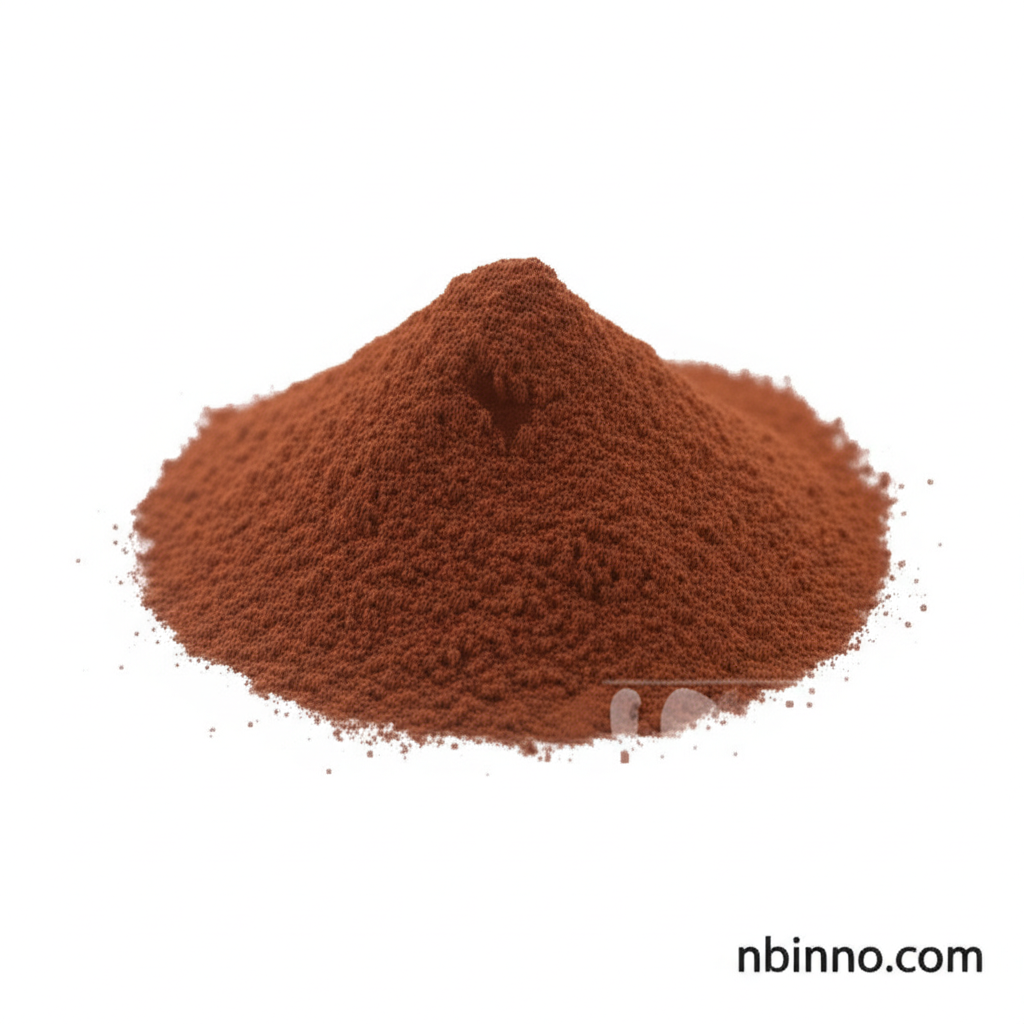Palladium(II) Acetate: The Catalyst Driving Innovation in Organic Synthesis
Discover the power of Palladium(II) Acetate, a key enabler for intricate organic reactions, from pharmaceutical breakthroughs to advanced material development. Explore its catalytic prowess and discover why it's indispensable for modern chemical industries.
Get a Quote & SampleProduct Core Value

Palladium(II) Acetate
Palladium(II) Acetate is a highly reactive and versatile palladium compound, widely recognized for its exceptional catalytic properties in organic synthesis. As a reliable supplier in China, we offer this crucial reagent that facilitates numerous chemical transformations, making it an invaluable component for researchers and manufacturers. Its ability to promote reactions like the Suzuki-Miyaura and Heck coupling is fundamental in creating complex molecules essential for pharmaceuticals, agrochemicals, and cutting-edge materials. We pride ourselves on delivering high-purity Palladium(II) Acetate, ensuring consistent performance and optimal results in your synthetic endeavors.
- Catalysis Excellence: Leverage Palladium(II) Acetate as a premier catalyst for diverse organic reactions, enhancing efficiency in processes like Suzuki coupling reagent development.
- Organic Synthesis Precursor: Utilize this compound as a key organic synthesis precursor, enabling the construction of complex molecular architectures with precision.
- Heck Reaction Catalyst: Benefit from its efficacy as a Heck reaction catalyst, crucial for forming carbon-carbon bonds and synthesizing valuable chemical intermediates.
- Pharmaceutical Intermediate: Integrate Palladium(II) Acetate as a critical pharmaceutical intermediate palladium, supporting the efficient production of life-saving drugs and therapies.
Advantages Offered
Versatile Catalysis
Palladium(II) Acetate serves as a highly effective catalyst for a broad spectrum of organic reactions, streamlining synthetic pathways and increasing yields for critical organic synthesis precursor applications.
Carbon-Carbon Bond Formation
It is instrumental in catalyzing the formation of carbon-carbon bonds, a cornerstone of modern organic chemistry, particularly evident in its role as a Suzuki coupling reagent.
Precursor for Advanced Compounds
As a precursor, it enables the synthesis of various organopalladium compounds, vital for developing next-generation materials and complex molecular structures in research and industry.
Key Applications
Catalysis
Palladium(II) Acetate is a cornerstone catalyst in numerous organic transformations, including cross-coupling reactions, making it essential for the efficient synthesis of complex molecules.
Organic Synthesis
It acts as a vital organic synthesis precursor, facilitating the creation of carbon-carbon and carbon-heteroatom bonds, critical for drug discovery and material science.
Pharmaceuticals
Its role as a pharmaceutical intermediate palladium is crucial in the production of active pharmaceutical ingredients (APIs), supporting the development of new therapeutics.
Electronics & Nanotechnology
Used in electronics for conductive materials and in nanotechnology for synthesizing palladium nanoparticles, showcasing its broad industrial applicability.
